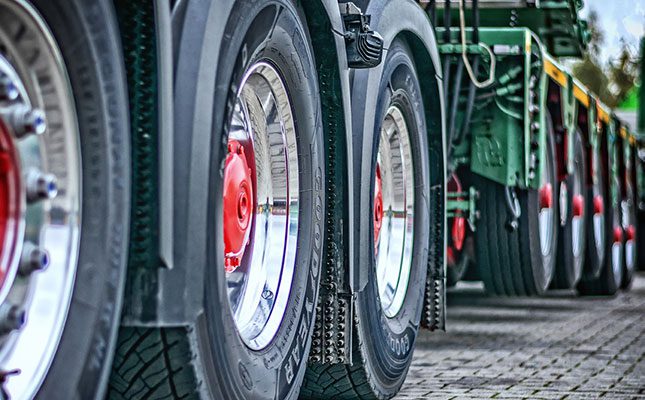With fuel prices rising, delivery deadlines getting tighter and truck drivers in short supply, fleet operators continue to look for ways to streamline their operations and reduce operating and maintenance costs.
This means reducing the total cost of vehicle ownership. Hardware designs have evolved over the past 30 years to keep up with the demands of increasingly stringent regulations. With each change, new demands have been placed on the lubricating oil.
With tighter tolerances between components, today’s advanced engine technologies achieve greater efficiency but are more sensitive and run hotter than previous designs.
And when the engine runs hotter, so too does the oil, which has prompted new demands on oil quality. Too much heat can stress the oil.
It makes it more vulnerable to breakdown, which can cause it to degrade. Severely oxidised oil will become thicker and can also become acidic and attack internal components like bearings and bushings.
Oxidised oil also contributes to deposit formation in places like the turbocharger and power cylinder. Elevated temperatures can cause a portion of the oil to evaporate, which can impact oil consumption and accelerate degradation.
Of course, engines and the oils that protect them must be robust not only at elevated temperatures but also at the low temperatures encountered at winter startup.
Fluids that can handle these wide temperature swings have what oil formulators call a high viscosity index.
Increasingly, we turn to synthetic oils that, when formulated with high-performance additives, deliver on the high stability, low volatility and high viscosity index that today’s operators demand.
Conventional oils are made from refined crude oil and undergo further processing to remove harmful impurities and further tailor their properties.
In contrast, synthetic base oils are purposely built chemicals that are synthesised to deliver high performance.
Synthetic base oils are generally less volatile and are particularly robust at low temperatures. Of course, it is not just the synthetic base oil that delivers these properties, but also the additive package that is unique to each producer.
The greatest potential for high performance comes from the optimal combination of synthetic oils and additive formulation expertise.
The properties we often attribute to synthetics are actually the result of the additives working with the base oil to produce the desired performance.
CHANGES TO A TRUSTED LINE
In 2023, Delo announced significant changes to the Chevron Delo line of heavy-duty engine oil products. Specifically, it is simplifying its product portfolio from four categories to two, phasing out conventional oils and Paving the way for heavy-duty synthetics focusing on top-tier synthetic and synthetic blend, or ‘synblend’ oils.
By simplifying its product line, Delo can simplify the selection process for the customer. There is a trend toward wider acceptance and use of synthetics and synblends among heavy-duty fleets and owner-operators.
In addition, synthetics and synblends have a number of performance characteristics that will deliver significant benefits to customers.
Though synthetics cost more than conventional oils, the cost can be offset by savings from increased fuel efficiency, longer drain intervals, longer oil life and longer engine life, with less maintenance downtime.
A big question about synthetics is: can I start using a synthetic in an older piece of equipment that has always used a conventional oil? The answer is yes.
Today’s synthetics are backwards compatible with older engines and there is no need for a break-in period.
Another common question: can a synthetic or synblend really deliver the level of engine protection one is accustomed to with conventional oils? Again, the answer is yes, and this has been proven over time.
The synthetic trend is actually an extension of a trend toward lower viscosity oils that began over a decade ago.
Operators were hesitant at first to move to thinner oils, but as they began to see the fuel economy benefits, they became more comfortable with the idea and the transition to synthetics became easier to make.
Heavy-duty synthetic products have been on the market and proven on the road for several years now. Visit astronenergy.co.za



